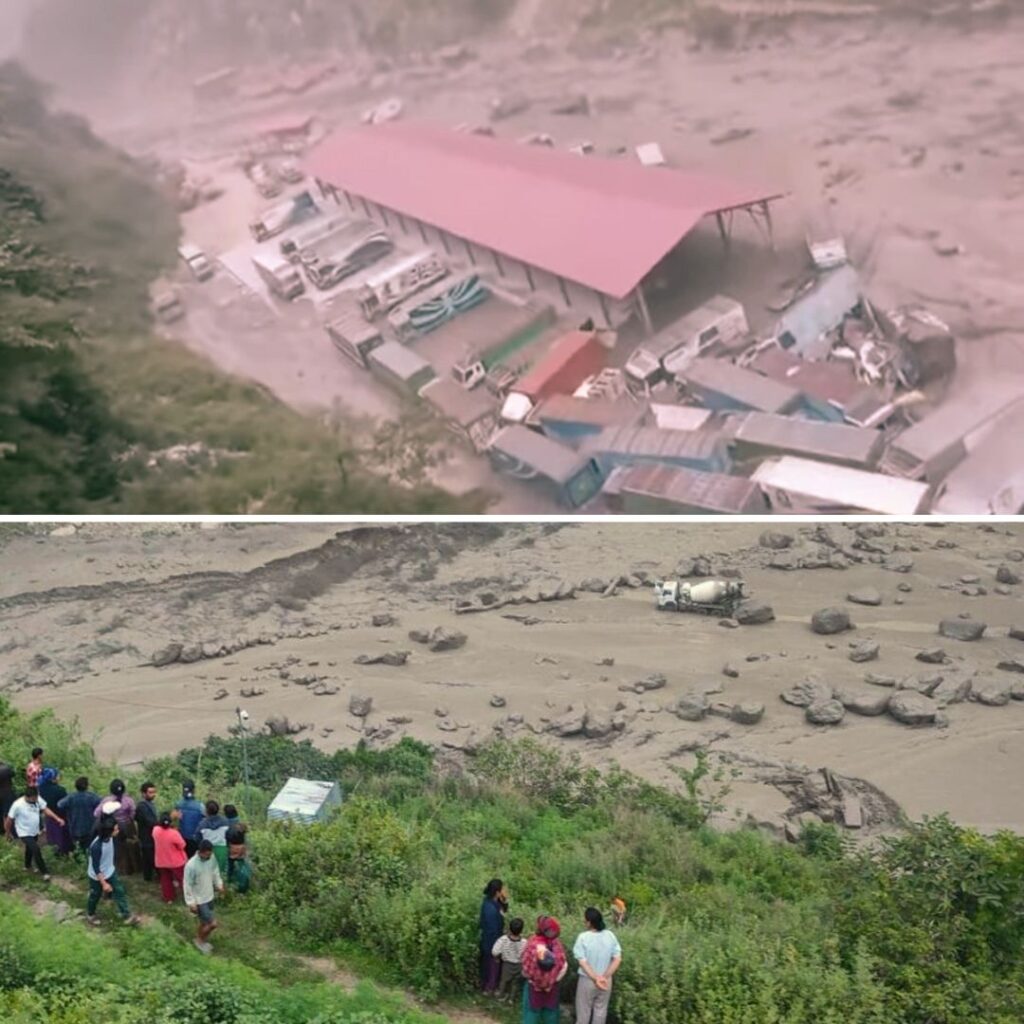When we hear about heinous crimes like rape, we often tend to blame the victims. Some people, who are intelligent enough to analyse the context don’t take recourse to victim blaming but they surely raise their voice against the mentality of the perpetrators of the violence. But how many of us delve deep enough to figure out what pushes them to commit these crimes? What makes them think of women as mere commodities? “Is it their upbringing which needs to be blamed or is it constant class-conflict that needs to be blamed,” Afsana, the founder of Pehchaan Street Schools, asked.
“What left me asking these questions was rooted in the deep sense of fear. After Nirbhaya made the headlines, it left me shaken to the core. Back then I had three of my sisters living in Delhi and what kept me haunting every day, is who’s next! I kept on reading more about such incidents and that disturbed state of mind mostly left me unable to even work. I quit my profession and decided to put in my effort to bring about the change what I wanted to perceive in the society,” Afsana, a resident of Mumbai, said when The Logical Indian spoke to her.
Creating Pehchaan
Afsana started off by beginning to teach children in a small slum right across her residence. “My idea has been extremely simple. I believe, the mentality behind committing these heinous crime traces down to the very formative years. Children are extremely impressionable. If we could provide them with enough guidance during these formative years, we can surely expect the rates of such crimes to decrease in some years down the line,” added Afsana, a tinge of hope ringing in her voice.
Pehchaan has street schools across Delhi, Bihar and Mumbai. It will soon function as a registered NGO, under the name of Pehchaan Live Foundation. Her informal classes gradually branched to street schools, timings being 7 to 9 in the evening. Pehchaan has three branches in Dehri, Bihar and one in Munger as well.
Spreading the light of education
Afsana started teaching the children in the cluster of families living underneath a bridge and began with classes that would only be conducted during the evening. Within six months of conducting classes on a daily basis, she noticed a visible change in the approach of the community members.
The residents of the slums often used to drink and engage in brawls right in front of the area where Afsana used to teach. But, six months down the line, people became sensitive enough not to start brawls and drink during the sessions. Gradually, Afsana was joined by other like-minded aware citizens who wanted to see the change and decided to bring the change.
“I received an amazing response from youngsters, specifical ones with regular jobs. They were very zealous about devoting some of their time to give back something to the society. Later on, various retired persons came on board with us. This was one engagement where they could do their bit to give back to the society instead of sitting ideally infront of the television,” Afsana added.
Pehchaan now is a three-year-old organisation which is creating a pan-Indian presence with due course of time. Pehchan has four centres in Bihar, Delhi, Mumbai and looking to expand to more centres in Delhi. This initiative works on the basis of volunteers and has touched many lives in its way. People regularly teach in these street schools, based on the area of their expertise.
Volunteers teaching kids. Impact created
“The core idea was to create more sensitive individuals and focusing on their formative years. These children more often than not lack the needed guidance in the course of life. They lack the ability to differentiate between which is right and which is wrong. Their parents are often unable to guide them, like we have been privileged enough to get,” she said. These children, apart from being given the needed support in case of studies are often counselled in their life problems. They find a confidant in the teachers and share their thoughts and problems.
“We are trying to interact with them as friends, keeping everything aside. We staunchly believe that this approach can bring about a change,” Afsana said as determination resonated through her voice.
Her approach primarily negates the essence of class-conflict. The approach of culmination, inclusion and accommodation does not create a broad division and categorisation among the society and treating them equal to the privileged section doesn’t leave them writhing in the agony of being branded as the ‘have-nots’.
In this context, she narrated the incident of Dharmendra Ra Singh, a 6 year-old tiny tot who lost his mother at 4 and his father was suffering from TB. “I had rescued him from being sold off at ten thousand rupees. His father had immense confidence in me and had said, ‘Teacher will do whatever she thinks is best for my son’. Later, he was enrolled in a hostel and the next day his father…











